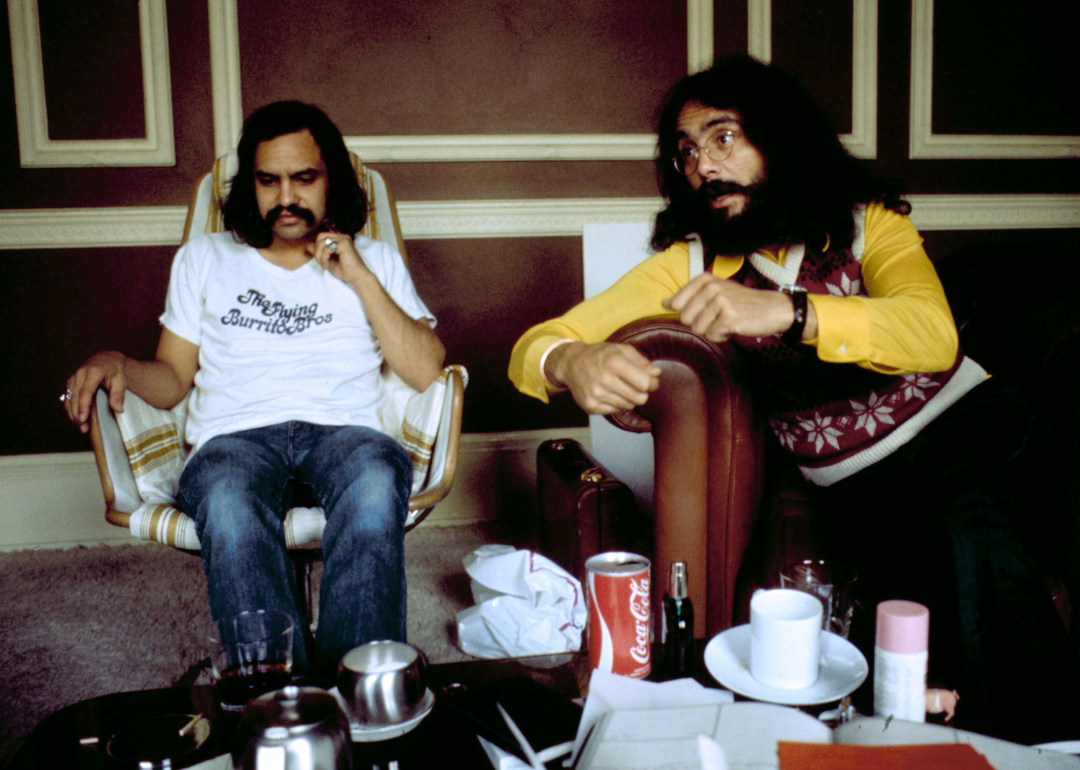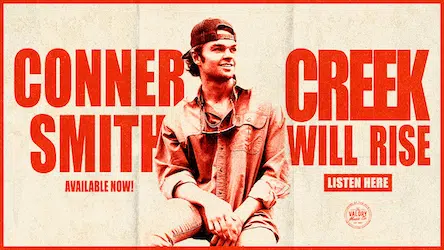H. Armstrong Roberts/ClassicStock // Getty Images From the Renaissance to the Age of Enlightenment, there has been no shortage of periods in history that have shaped society in terms of scientific discovery, cultural contributions, and political discourse that paved the way for revolution. When it comes to more recent history, the 1970s were known as a time of significant cultural and political expression–from the clothes that were in fashion to major protest movements, not to mention the birth of entirely new genres of music. Included on a long list of things to come out of the ’70s that are now part of our lexicon are the idioms that were most common at the time. Stacker compiled a list of 25 idioms that were among the most common in the 1970s. From phrases popularized through television to terms that originated from the political landscape of the era, these idioms played a role in the molding of a generation. An idiom, in essence, is a fancy word for slang–terms, phrases, and words that seem to encapsulate the generation from which they came. The Strauss-Howe generational theory describes “a recurrent cycle of same-aged groups with specific behavior patterns that change every 20 years.” On the basis of this theory, every 20 years a group of people come along who will inevitably share a similar set of beliefs as well as political, spiritual, or cultural awakenings. Through that logic, the slang terms or idioms from that time follow along the patterns of those particular awakenings. While those of us born in the generations following this era may look back at phrases like “jive turkey” as nonsensical or confusing, people will look back at more modern phrases such as “it’s lit” in a similar way 20 years from now. When it comes to the idioms of the ’70s, we’ve had 50 years to process through the logic of them. A good portion of this list was heavily influenced by Black culture, which tends to be the case throughout most of modern history. During the ’70s, the Civil Rights Movement had a major impact on the way mainstream media, film, music, and television as a whole were presented. If nothing else, the following list can shine a light on just how long and how deep that influence has gone. Read on to see if you recognize any of these far-out phrases. Who knows–you may end up discovering a new term to add to your own vocabulary. Jive turkey Michael Ochs Archives // Getty Images When it comes to the kind of person you don’t want in your life, a “jive turkey” should be at the top of your list. The phrase itself means someone who is less than honest, who is jerking you around or yanking your chain–whichever way you’d like to look at it. While the phrase comes from “jive”–a term in the ’40s that referred to a particular dance–“jive turkey” became popularized through the 1971 movie “Shaft” starring Richard Roundtree, a popular blaxploitation film about a smooth-talking detective with a penchant for breaking the rules. The phrase carried on to further notoriety in the ’80s through the popular TV sitcom “The Jeffersons” where you would often find George Jefferson hurling the insult at anyone who got on his nerves. Square biz H. Armstrong Roberts/ClassicStock // Getty Images When you hear the phrase “square biz,” you may start singing the Teena Marie hit song of the same name in your head–but the origin of the phrase itself stems from the 1970s. If someone brought up square biz in a conversation, it was them letting you know that they were for real, that you were in this together. While the term “square” on its own meant boring, square biz took that concept and gave it a far more positive slant. Flower power J. Dellaccio/ClassicStock // Getty Images The generation that came from the ’60s and ’70s was one that was considered pivotal in the counterrevolution movement. From their staunch stances on racism, sexism, and classism to their intrinsically anti-war sentiments, this era spawned a wealth of slang terms that referred back to their political beliefs. One of the most well-known idioms, however, that remains somewhat relevant to this day is “flower power,” which refers to the countercultural “hippies” who believed that peace and love were the solutions to the world’s problems. While the specific inspiration is unknown, it appears to be tied to the infamous 1967 March on the Pentagon demonstration. In a photo seen around the world, protesters were captured placing flowers into the barrels of rifles held by members of the National Guard who had been called in to guard the Pentagon. Bunny

25 idioms that were common in the '70s
Jun 28, 2023 | 12:30 PM




